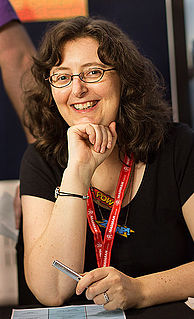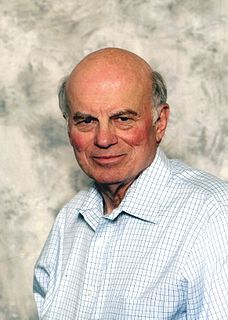A Quote by Alfred North Whitehead
As society is now constituted, a literal adherence to the moral precepts scattered throughout the Gospels would mean sudden death.
Related Quotes
I have always endeavoured, as my double duty of believer and sovereign dictated, to follow the precepts of the sacred Book of Islam: precepts of balance, justice and moderation. Although my religious education was very literal, in that I learnt to understand the precepts of the Koran precisely according to the text, we have seen that on several occasions throughout my life, I have felt myself to be very particularly in the hands of the Almighty.
If moral precepts alone could have reformed mankind, the mission of the Son of God into all the world would have been unnecessary. The perfect morality of the gospel rests upon the doctrine which, though often controverted has never been refuted: I mean the vicarious life and death of the Son of God.
Whenever you find a preacher who takes the Bible allegorically and figuratively...that preacher is preaching an allegorical gospel which is no gospel. I thank God for a literal Christ, for a literal salvation. There is literal sorrow, literal death, literal Hell, and, thank God, there is a literal Heaven.
The novel as a form is usually seen to be moral if its readers consider freedom, individuality, democracy, privacy, social connection, tolerance and hope to be morally good, but it is not considered moral if the highest values of a society are adherence to rules and traditional mores, the maintenance of hierarchical relationships, and absolute ideas of right and wrong. Any society based on the latter will find novels inherently immoral and subversive.
For Death must be somewhere in a society; if it is no longer (or less intensely) in religion, it must be elsewhere; perhaps in this image which produces Death while trying to preserve life. Contemporary with the withdrawal of rites, Photography may correspond to the intrusion, in our modern society, of an asymbolic Death, outside of religion, outside of ritual, a kind of abrupt dive into literal Death.
The objections to religion are of two sorts - intellectual and moral. The intellectual objection is that there is no reason to suppose any religion true; the moral objection is that religious precepts date from a time when men were more cruel than they are and therefore tend to perpetuate inhumanities which the moral conscience of the age would otherwise outgrow.
Just as the introduction of the irrational numbers ... is a convenient myth [which] simplifies the laws of arithmetic ... so physical objects are postulated entities which round out and simplify our account of the flux of existence... The conceptional scheme of physical objects is [likewise] a convenient myth, simpler than the literal truth and yet containing that literal truth as a scattered part.
All archaeologists in Israel and Palestine make use of the New Testament Gospels. They do this because the Gospels exhibit verisimilitude. In short, the Gospels help archaeologists know where to dig and they help archaeologists understand what they unearth. The 2nd-century Gospels and Gospel-like writings rarely exhibit verisimilitude, so archaeologists rarely appeal to them.








































